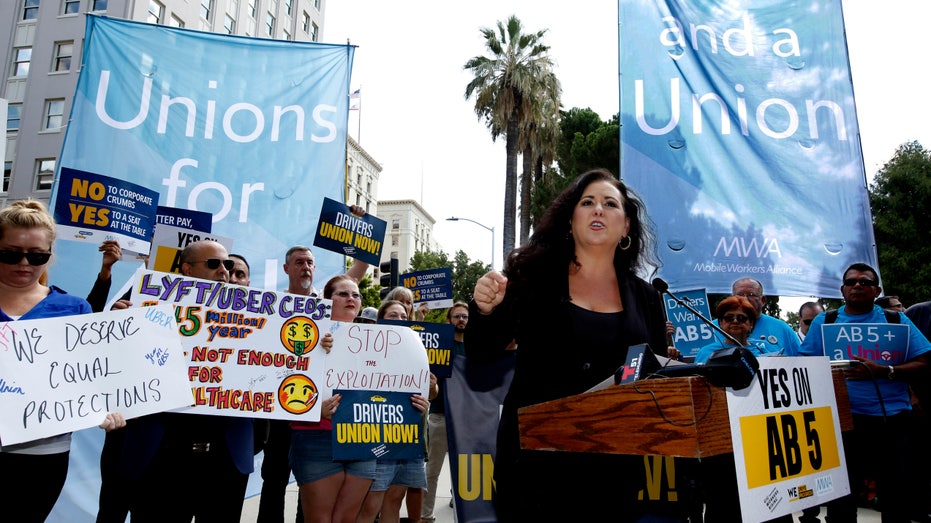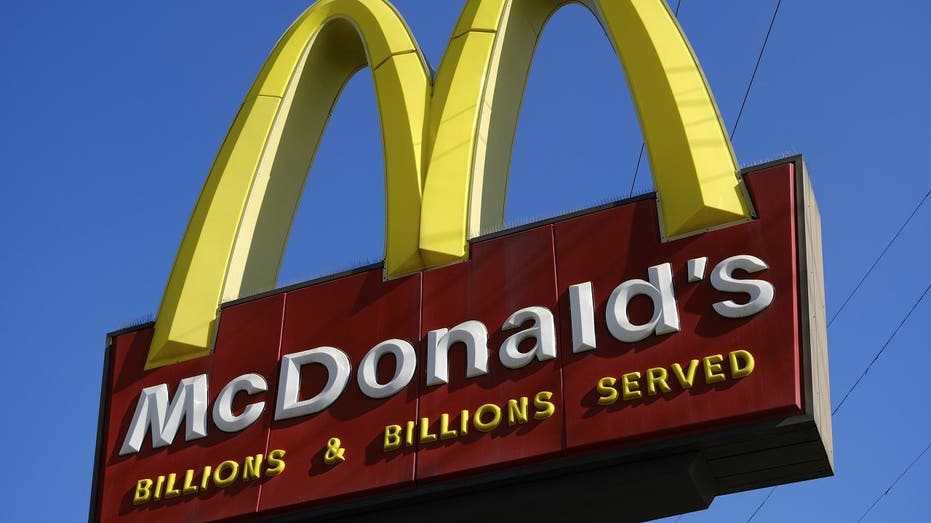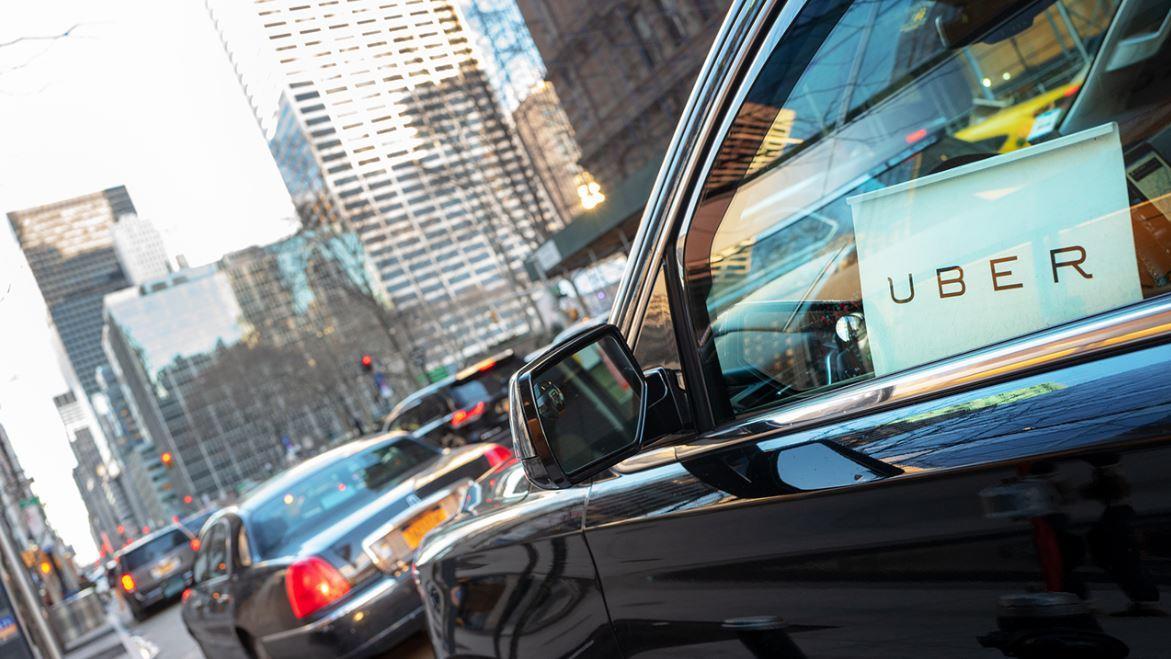California franchisees demand clarification bill after AB5 brings 'cloud of uncertainty'
AB5 is a 'cloud of uncertainty' over franchises in California
Franchise owners are asking for additional legislation to clarify California's Assembly Bill 5, a law limiting gig workers that took effect Jan. 1.
"All this is doing is putting a cloud of uncertainty over our business," Matt Haller, a senior vice president at the International Franchise Association, told FOX Business.
IS NEW YORK THE NEXT CALIFORNIA ON GIG ECONOMY REGULATION?
AB5 attempts to give California workers more stability by encouraging companies to offer them full-time jobs and traditional benefits instead of gig work. But many workers, from freelance journalists to truck drivers, have said it will hurt them instead.
"It’s not that we oppose AB5 or oppose the goals of AB5 … seeking to eradicate misclassification of workers," Haller said. "But let’s be clear, nobody who buys a franchise business, whether it's a Popeyes restaurant or a Hampton Inn, should be the employee of the brand with which they’re licensing that trademark. That's where federal law comes into conflict with laws like AB5."

Assemblywoman Lorena Gonzalez, D-San Diego, speaks at a rally calling for passage of her measure to limit when companies can label workers as independent contractors at the Capitol in Sacramento, Calif. (AP Photo/Rich Pedroncelli, File)
International Franchise Association members have met with bill sponsor State Assemblywoman Lorena Gonzalez, Haller said. The association is "cautiously optimistic" that Gonzalez, a Democrat, will put forth a clarification bill in February, Haller said.
Gonzalez has taken heat because of the law.
"Yesterday I quit a career I spent a decade building, thanks in large part to #AB5," freelance writer Breezy Salazar wrote on Twitter in December before AB5 took effect. "As a freelance writer/military wife/mom I was able to support my fam, but due to AB5's restrictions, won't be able to continue in '20. Lorena Gonzalez you win! We're back on the poverty line."
New York state lawmakers have expressed interest in taking a page out of California's playbook by further regulating the gig economy.
"In New York, there's credit where credit's due. Some of the policymakers have said, 'We don't want to go down same pathway as California' and recognize the exemptions they have to do," Haller said. "California is fifth largest economy in the world, and I don't think we should be conducting economic experiments like that, especially when wage growth for people on lower spectrum of income ladder is growing."
Entrepreneur John Chuang, an advocate of AB5 and CEO of staffing company Aquent, acknowledged that AB5 is disruptive but said it is necessary.
"The International Franchise Association brings up good questions that should be considered," Chuang said. "Clearly the intent of AB5 is not to penalize franchisees when protecting the rights of employees. AB5 isn't perfect, but it is a real, positive step forward in our society to help level the playing field for all workers."
The International Franchise Association represents about 1,400 brands that use the franchise model.

This Nov. 25, 2019, file photo shows McDonald's sign above the fast food restaurant near downtown Los Angeles. (AP Photo/Richard Vogel, File)
"Franchises go well beyond the fast food industry," Haller said. "Everything from your doggy day care center to your kid's after-school gym."
AB5 went into effect days before the Labor Department took an important step for franchises. The Labor Department issued a final rule Sunday that clarifies when a worker is employed by more than one company, an issue that affects franchise businesses such as McDonald's and firms that have outsourced services such as cleaning and maintenance.
The issue has taken on greater importance in recent years as more Americans work for temp firms, contractors and franchises. By some estimates, roughly 14 million Americans are in such "alternative work arrangements."
CLICK HERE TO READ MORE ON FOX BUSINESS
The International Franchise Association, whose members include the Subway sandwich chain and Jani-King, a cleaning franchisor, welcomed the new rule for clarifying the question of joint employment. The group argued that the Obama administration's policy, implemented in 2015, resulted in a large increase in lawsuits against franchise chains.
FOX Business' inquiries to Gonzalez's office were not returned at the time of publication.
GET FOX BUSINESS ON THE GO BY CLICKING HERE
The Associated Press contributed to this report.




















